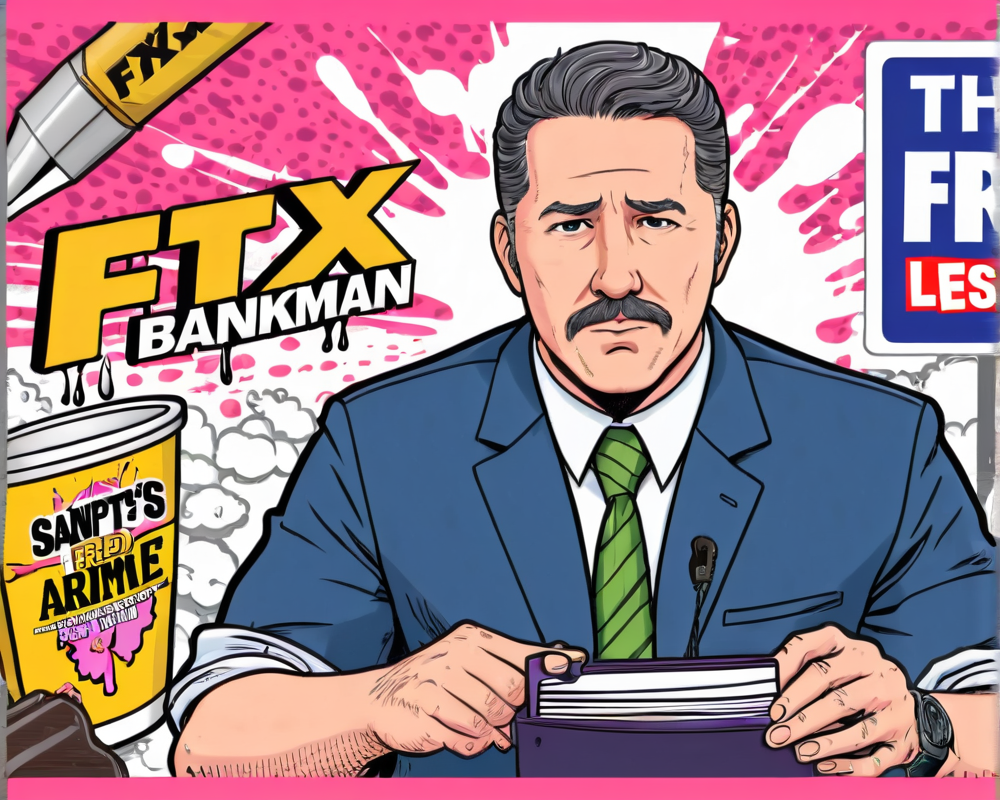The Verdict: A Cautionary Tale
In a stunning turn of events that couldn’t quite compete with a Hollywood thriller, former FTX CEO Sam Bankman-Fried was found guilty of all seven charges of fraud and conspiracy on November 2. The jury, operating at lightning speed, reached their verdict in less than ten minutes after four hours of deliberation. This left a stunned silence hanging in the crowded courtroom—an atmosphere reminiscent of when you accidentally like your ex’s latest post on social media.
Riding the Regulatory Rollercoaster
One of the pressing questions emerging from this legal drama is whether stronger financial regulations could have prevented the spectacular collapse of FTX. Just imagine a world where Bankman-Fried had to follow strict compliance rules. Would he have found himself unable to comingle and embezzle funds like a kid in a candy store? Probably not. Some experts argue that regulatory frameworks could have clamped down on the rogue behavior seen at FTX.
Commingling: A Recipe for Disaster
Bankman-Fried’s defense spun the narrative that the infamous Alameda Research was merely a “payment processor.” However, with little to no corporate oversight, it’s no surprise that commingling of funds occurred. Listen, commingling isn’t inherently criminal, but it’s like putting laundry in with the wrong colors—it leads to a mess that nobody wants to deal with. This lack of transparency fosters an environment where accountability goes to die.
Understanding Embezzlement
If commingling is the uninvited guest to your party, embezzlement is the guy who eats all the snacks while making shady excuses. Embezzlement occurs when someone in a position of power uses funds for personal gain without the owner’s knowledge. Prosecutors claim that Bankman-Fried pulled off this trick with billions—using venture capital investments for personal luxuries and political contributions while the real owners of that money were left high and dry.
The $8 Billion Mystery
Without proper corporate controls—the adult supervision that clearly wasn’t present—his defense failed miserably to argue that the missing $8 billion was just due to unfortunate market conditions rather than his own misappropriated cash. Spoiler: It was a tough sell.
Ambitions Gone Awry
If dreams were money, then Sam Bankman-Fried fancied himself a billionaire with aspirations of becoming President of the United States. He apparently believed that expanding FTX was the golden ticket to fill the billion-dollar void on the balance sheet. However, as Warren Buffett sagely noted, “You only find out who is swimming naked when the tide goes out.” And spoiler alert again: Bankman-Fried was swimming in the wrong pool.
The Takeaway: Learning from Disasters
In the end, Bankman-Fried wasn’t just caught for crypto fraud; he was caught for good old-fashioned fraud. His downfall serves as a powerful reminder that while regulatory guardrails may assist in curbing reckless behavior, unethical individuals will still find ways to circumvent the system. Ultimately, whether in the realm of traditional finance or crypto, the lessons learned from this jury’s decision may be the best offense against the next big scandal. So let’s keep our towels handy folks, in case the tide ever goes out again.



